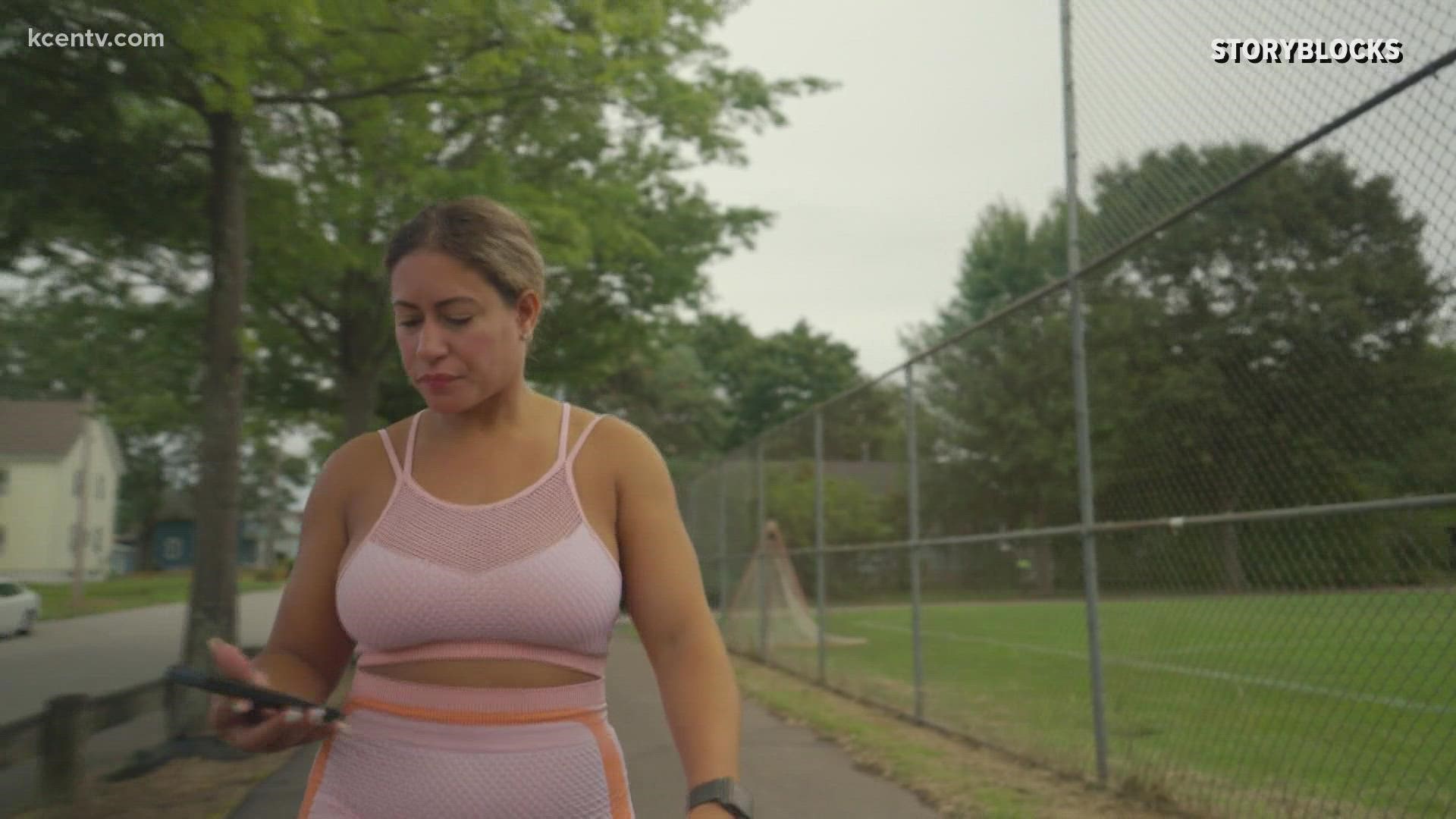TEMPLE, Texas — This month, 6 News Anchor Leslie Draffin is taking a deep dive into diets and our society's obsession with weight.
First, we explored the reasons diets don't work and why it's not your fault. In this week's Your Best Life, we take a look at diet culture, what it is and why it's so damaging.
Diet Culture: it's a term that might be new to you, but the idea has been around for centuries and when you look closely, you'll see it everywhere.
Registered Dietitian Nutritionist and certified intuitive eating counselor Alissa Rumsey says diet culture is a system of beliefs that equates thinness and smaller bodies to health, happiness, worthiness, beauty and respect. “Diet culture is so pervasive and it’s also so normalized. To be thin is to be seen as morally superior, better than people who are in larger bodies."
But Rumsey says we aren’t born with these beliefs. “We don't pop out of the womb with this idea that big stomachs are gross or cellulite is disgusting. We're taught these things. We're all swimming in this diet culture and so these are things that we're taught in a variety of ways basically since the day we're born."
Dr. Sabrina Strings is a UC Berkeley Chancellor’s Postdoctoral fellow, an associate professor of sociology at U.C. Irvine and the author of Fearing the Black Body: The Racial Origins of Fatphobia. She says, “even if we are not fat, we are still being oppressed by diet culture." And adds that diet culture oppresses us all, but especially women.
"We think about diet culture, those individuals who are essentially implicated are women. And the reason for that is that we are the ones who are largely being judged on the basis of our appearance as opposed to our achievements. If women weren't judged all the time, based on how they looked, if men didn't know that they could go around call them fat and basically ruin her day, right, because this is some type of misogynistic tool of oppression,” Strings explains.
According to the National Eating Disorders Association, diet culture can perpetuate eating disorders.
Strings agrees. "We have to acknowledge the reality that there are those individuals who take dieting extremely seriously," said Strings." They take it to an extreme of anorexia or bulimia and these are growing problems. We often talk about the fact that overwhelmingly it's young women who are anorexic or bulimics and these have tremendous negative health effects. But there is a growing proportion of young men who are becoming anorexic or bulimic. By some estimates, there may be as many as 40% of individuals with eating disorders who are now young men. And I say this because I want to make it clear that all of us need to be invested in this fight."
Amanda Taylor has been in treatment for an eating disorder for the last five years. She says, “diet culture takes value away from people and the value away from their bodies." It's why they started their own company, The Unplug Collective, with friend Zara Harding. The college students know firsthand how damaging diet culture can be.
According to Harding, "in order to be worthy of all of these different things that create joy and satisfaction in our lives, you have to look a certain way… at all costs. The fact that it doesn't work is what makes it such a lucrative industry."
Taylor adds, "it's a billion dollar industry that affects the way that people talk about their bodies, their food and their exercise. And obviously, that's a very general definition. But the reason that I'm starting with the billion-dollar industry is to really assert that this is something that is created and funded.”
Their digital community is a safe place where black women and gender-expansive people can share their stories while healing their relationships with their bodies. Now their Instagram page has more than 56,000 followers. The posts focus on mental health, anti-body discrimination and deconstructing fatphobia and diet culture.
“We're a community space that is saying ‘here you can be valid and there is another life you can live and here is a community of people who will validate you and accept you,’" Taylor explains.
For Strings, online groups like this one are a great place to start when it comes to healing but she says we need action too.
"What we need to start doing is, you know, organizing gathering ourselves and you know, thinking about the ways in which we want to live differently from the way in which we've been living for the past at least 20 or 30 years."
Now that we know what diet culture is and why it's so damaging, you have to wonder where did it come from and how can you spot it in your life?
Next week, we explore the roots of diet culture in the next installment of Your Best Life.

